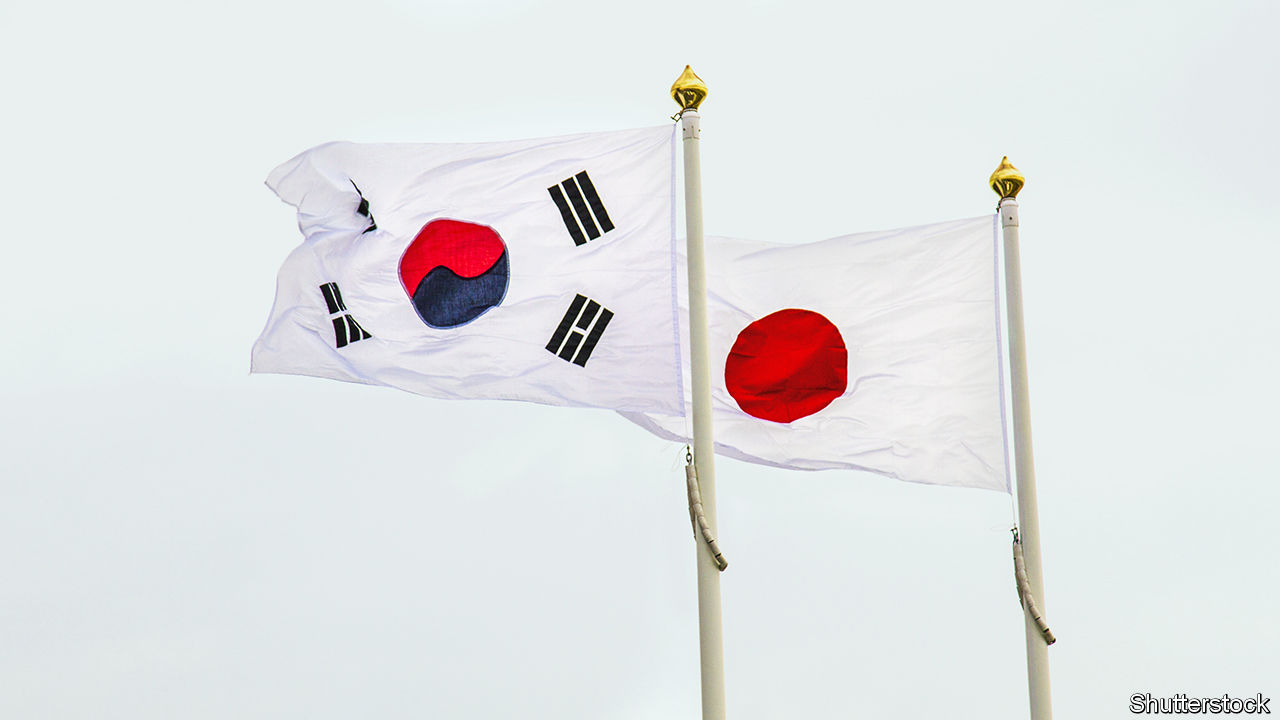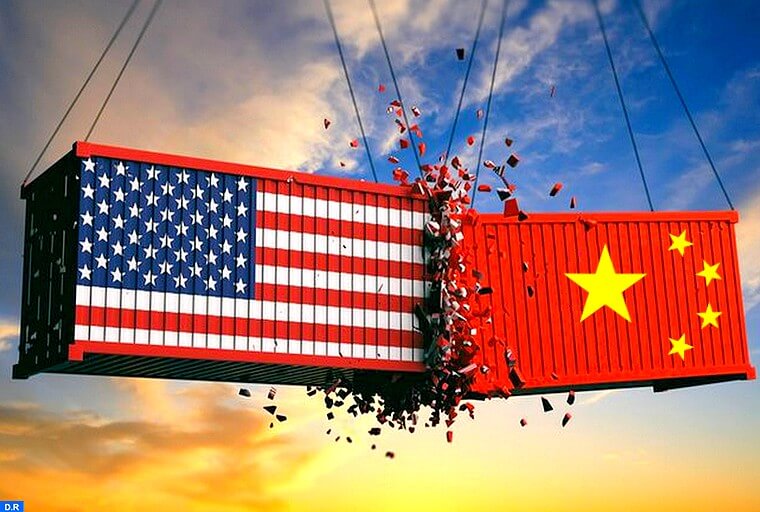June 22 marked the 54th anniversary of the treaty for normalizing diplomatic ties, signed between Japan and South Korea, two of Washington’s closest allies in South Asia that are clutched in a trade war, nowadays.
The 1965 treaty re-established ties between Tokyo and Seoul. Another agreement for the settlement of problems concerning property and claims and on economic co-operation was signed on the same day, which bounds Japan to pay $500 million to Korea in loans and grants to compensate for its historic abuses.
It’s also stated that “The problem concerning property, rights, and interests of the two Contracting Parties and their nationals (including juridical persons) and concerning claims between the Contracting Parties and their nationals, is settled completely and finally.”
Both countries have of course found that the problems are not completely settled completely.
Korea, colonized by imperial Japan between 1910 and 1945, has a history of being misused by the empire. In addition to sex slaves for Japanese soldiers by indirectly symbolizing their women as “comfort women”, Korea also forced by the Japanese to supply human slaves for labor purpose.
In the recent past, South Korea’s Supreme Court ordered two Japanese companies to pay compensation to Korean victims who were forced to work for Japan during World War Two. According to Japan, the 1965 treaty has already compensated these claims, despite the Korean victims claim for not getting any of the loans or grant money from Japanese in 1965.
On 1st July, Japan placed restrictions on exports to South Korea of three chemical substances mandatory for the manufacturing of semiconductor diodes and LED screens used in smartphones and television sets, causing an immense trouble for tech giants like Samsung and LG Display, which depends mainly on Japan, known for being a global source of chemicals. According to Tokyo’s statement, some South Korean companies weren’t properly managing the chemicals. Seoul disputes by stating that it has forced trade restrictions on crucial materials.
Japanese officials claim that new rules are not an export ban but rather, as The Economist name it, “the reimposition of controls on sensitive materials that had grown lax”. Experts claim that the point of an argument is weak.
Japan’s claim that hydrogen fluoride, a chemical that can be used to make chemical weapons were shipped to North Korea by South Korea, has been completely denied by South Korea.
Amidst escalating tensions between Tokyo and Seoul, Washington has announced that National Security Advisor John Bolton will be visiting Japanese and South Korean authorities this week.
According to President Trump, the South Korean President Moon Jae-in had asked for U.S. intervention in the trade dispute that appears unlikely to resolve. Moon’s spokeswoman confirmed that he had asked Trump for help in Seoul at their recent summit on June 30.






















Leave a Reply